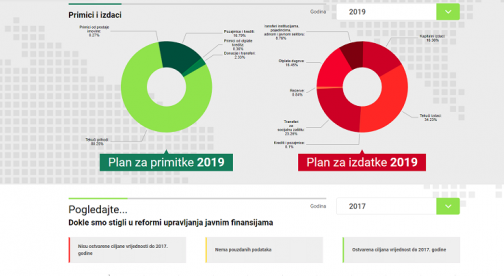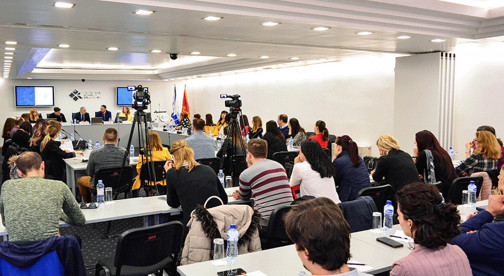The last thing you should do during the crisis is to hide and wait for it to pass itself. The public loves conflicts and affairs and will not let you get away with it so easy. If the crisis has already occurred, you must know how to manage it.

Earlier, it was relatively easy to control several medias: press, television, and radio. However, development of the internet and social networks has introduced a new dynamic into the relationship between companies and the public. The most undesirable part of the PR job is certainly to deal with a crisis. In most cases, it can be recognized and prevented on time, but when we take the slogan “It’s always happening to somebody else” for granted, the crisis is inevitable.
A crisis is a word that refers to sudden, unpredictable situation, and by simply saying it you invoke panic. However, in a society where we are a click away from information, the crisis is expanding so fast we can’t control it. Therefore, fast company response can not be understood as quick panic. The flow rate and ease of access to information go in the favor of the PR team, too; because by continuous monitoring of the internet community, the first signs of the crisis can be recognized promptly and its escalation prevented on time. Analytics integrated into the social networks, Google Analytics,Google Trends, Google Alerts, and many other tools for online metrics, significantly facilitate that process.
Prevention is the main task of crisis PR, and its objective is to solve the communication, not a problem that led to the crisis.

Each company, depending on the activity, can determine the potential critical situations. If it comes to retail, the client who will share their dissatisfaction on social networks will surely appear in one moment. In the food industry, companies face with a presence of certain hazardous substances in products, construction companies often deal with charges after injuries at work, and there are also rumors that are placed by competitors. You should take into account problems that may arise from the company itself, too; such as employees dissatisfaction or the mistakes made by the management.
For all of these situations, it is necessary to:
- prepare a risk analysis and the action plan,
- recognize the first signs of a crisis at a time,
- if possible, solve it before the story reaches the media.
But when we don’t take prevention seriously enough, we are actually making an elephant out of a mosquito. In a crisis situation it is necessary to show you care and understand by answering 3 key questions:
- What happened?
- What has been done?
- How will company reduce the damage?

You can not react to public pressure by procrastinating because in this way you give the media free hands to manipulate and create their own truth. Even if you do not have an immediate idea on how to solve the situation, it is enough to address the public as soon as possible and say that you are aware of the damage and you are already working on it. During the seminar “Online PR and crisis communication”, Krešimir Macan has put emphasis on the truth, responsiveness and simple language we use when addressing the public during a crisis situation. If a crisis occurs in the morning, the company has only a few hours to respond before the first news. The time is shortening further if the crisis begins on the social networks, as The Social Habit survey found:
- 32% of respondents expect a response from the company within 30 min,
- 42% within an hour.
Each target group affected by the crisis requires its own channel of communication. This may be by the phone, press release, website, social networks. After the FedEx faced with a YouTube video of unsatisfied customers, the company’s vice president sent his apology via the same channel and hence, successfully ended the crisis. Sometimes it is enough to make a joke on your account and admit you’ve made a mistake, such as The American Red Cross did on their Twitter account:

The media are relentless when a crisis occurs, but as we show respect for the media when we need them to publish our press release in peacetime, so it is necessary to show respect in the state of emergency. Planning, promptness, accurate information, empathy, kindness and sincerity are everything that PR needs to save the image of the company. Silence, in this case, it’s only a confirmation of all the bad things raised by other participants in the crisis. Listen to the Krešimir Macan’s advice, go to Google and type the name of your company and the ugly word. Maybe you will run at the first sign of crisis. ;)



















